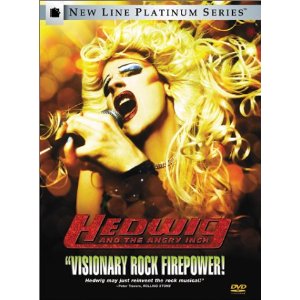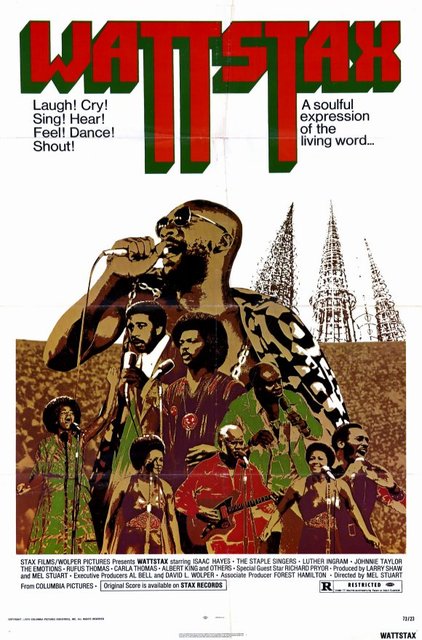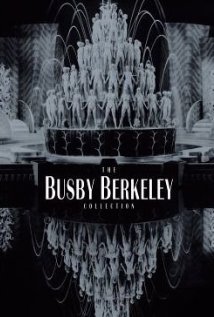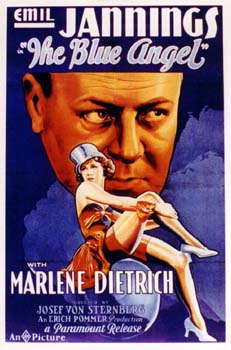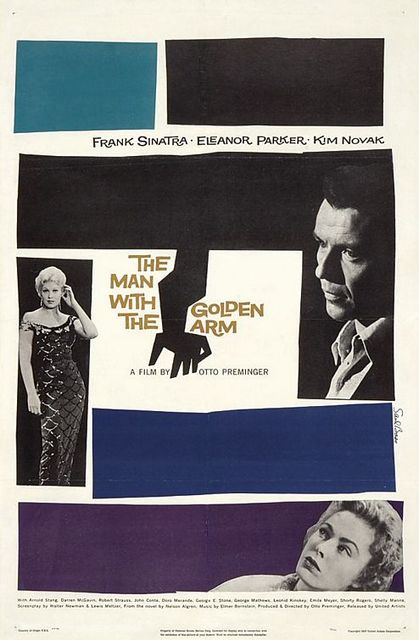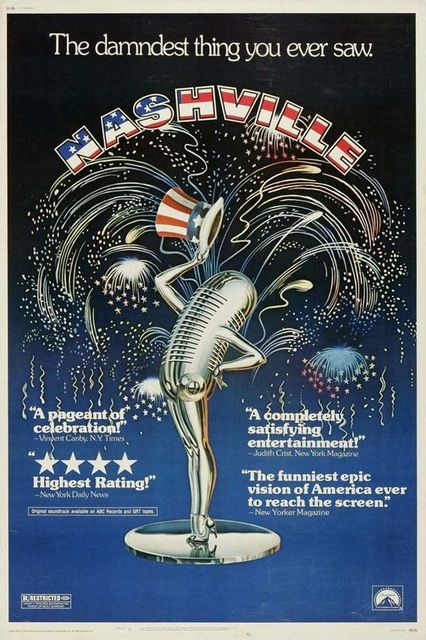Aural Fixation
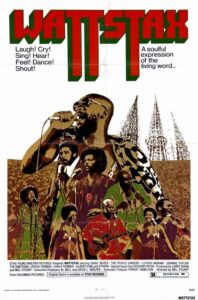
Wattstax (1973)
One hundred thousand black faces at the L.A. Coliseum? You bet it scared the hell out of the honky city fathers. Streetwise commentary frames this Stax concert commemorating the 1965 Watts Riots (or Watts Uprising, depending on which side of the ghetto you’re on). Don’t miss the funky, funky Bar-Kays, a searing performance by the underrated Johnnie Taylor and everyone on their feet for the granddaddy of ’em all, Mr. Rufus Thomas.Aural Fixation
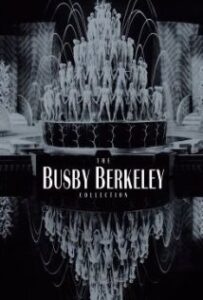
42 nd Street (1933)
Gams, gams, gams! Busby Berkeley’s surreal choreography bolsters this clichéd, a-star-is-born tale complete with surly producers, 30-year-old “ingenues” and dancing girls as kaleidoscope. The title song (“naughty, gaudy, bawdy, sporty, Forty-Second Street”) sung by Ruby Keeler accompanied by a phalanx of hookers is priceless.Aural Fixation
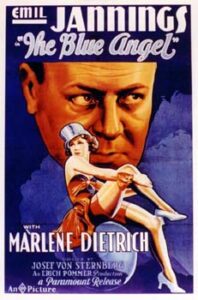
The Blue Angel (1930)
Josef von Sternberg’s tale of Weimar Republic decadence made a star of husky-voiced Marlene Dietrich as femme fatale Lola Lola. Modern audiences may want to disavow the woman-is-the-downfall-of-man theme long enough to recognize a moody masterpiece. “Ich Bin Von Kopf Bis Fuß Auf Liebe Eingestellt” might sound snappier in its English translation, “Falling in Love Again,” but it’s the perfect theme for the broken Prof. Immanuel Rath who ditches everything for a showgirl.Aural Fixation
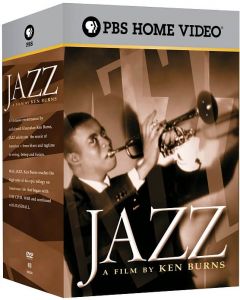
Ken Burns’ Jazz (2001)
This 19-hour PBS doc is the populist version, skipping lesser-known innovators, but is a class introduction to the roots and branches of jazz. The depth of knowledge and understanding that commentator Wynton Marsalis brings is marvelous and valuable. Jazz and rock and roll share origins and were both subversive in their own times. It’s challenging to see the thread, but Chuck Berry and Joey Ramone could never have existed without Louis Armstrong, Fats Waller and Bix Beiderbecke.Aural Fixation
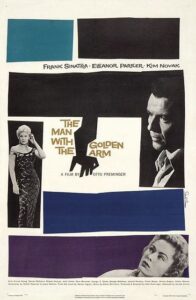
The Man With the Golden Arm (1955)
Card games and curvy dames. Dirty dealing and Frank Sinatra as two-time loser and dope addict drummer Frankie Machine trying to kick, all to a jazz beat by Elmer Bernstein. Although Billy Wilder’s 1945 The Lost Weekend is the mother of all cold-turkey movies, this flick is more enjoyable than it ought to be. Maybe because 1955 censors wouldn’t allow all the puking and crapping-your-pants that goes along with kicking the habit.Aural Fixation
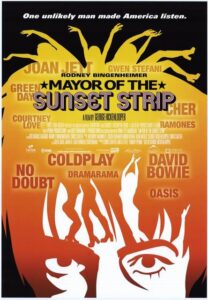
Mayor of the Sunset Strip (2003)
Since 1965, Los Angeles disk jockey Rodney Bingenheimer has hung with everyone from Sonny & Cher to Bowie to No Doubt. He was the first to break the Ramones and Oasis on air. Although never reaping financial reward, Rodney was once on top of everything (commercially) happening. At home, he’s surrounded by memorabilia—like Monkees gold records and Elvis’ driver’s license—that’s worth mega-bucks but won’t hit the collector market until Rodney’s stone-cold in his grave.Aural Fixation
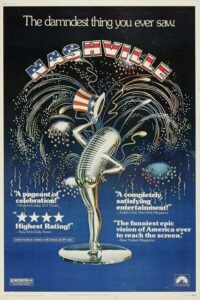
Nashville (1975)
Robert Altman’s thinly veiled magnum opus of the country music industry features songs written and performed handily by its stars: Karen Black, Henry Gibson, Barbara Harris and the wonderful Ronee Blakely. Once reviled by Nashville itself as a slap in the face, the music and social commentary stand the test of time.Aural Fixation
